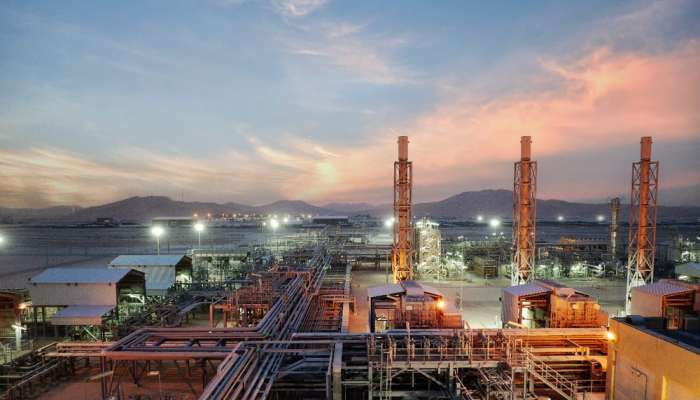Standard & Poor’s Global Ratings (S&P) recently raised Oman’s credit rating to ‘BBB-‘ from ‘BB+’ with a stable outlook. This is the first time since 2017 that Oman has returned to this rating category. The upgrade is a result of improved financial performance, with the government taking two and a half years of commitment to achieve this rating. S&P also raised Oman’s short-term ratings to ‘A-3’ from ‘B’ and the transfer and convertibility assessment to ‘BBB’ from ‘BBB-‘. According to the agency, this upgrade reflects the strengthening of Oman’s public finances and ongoing external deleveraging of state-owned enterprises.
The improvement in the credit rating is attributed to measures taken by the Omani government to improve public finances through development initiatives and financial restructuring. The Medium-Term Fiscal Plan (MTFP) has played a key role in restoring the financial balance between revenues and public spending. As a result of higher oil prices and positive outcomes from financial measures, the government has strengthened its financial position to handle external shocks with flexibility. S&P expects Oman’s general budget to achieve moderate surpluses and aims to reduce public debt to 29% of GDP by 2027.
S&P forecasts a 2% annual average growth in real GDP from 2024-2027, with the non-oil sector stimulated by an increase in average oil production. The current account is expected to record financial surpluses of 1.2% of GDP during the same period. Inflation is projected to remain moderate at around 1.4% annually. Credit growth to the private sector expanded by 4.9% in 2023, and the credit environment is expected to remain favorable, driving lending growth by 5-6% annually. Efforts in managing government companies have led to improved governance, operational efficiency, and financial conditions.
The establishment of the Oman Energy Development Company (EDO) and the Integrated Gas Company (IGC) has contributed to enhancing government financial accounts. S&P suggests that Oman’s credit rating may see further improvement if the government continues managing public finances as planned. This includes increasing non-oil revenues, raising public spending efficiency, driving GDP growth, and enhancing economic diversification through initiatives in the capital market sector. Minister of Finance Sultan bin Salem Al Habsi expressed confidence in Oman’s economy and its ability to grow economically, attributing the positive result to approved financial measures and improved governance practices.
The government’s commitment to enhancing financial indicators and utilizing financial surpluses to benefit economic and social levels is highlighted. Achieving these results required collaboration among government units, private sector partners, and civil society institutions. Oman’s focus on restoring financial balance, achieving financial sustainability, and implementing governance practices is essential for continued growth and stability. The S&P credit rating upgrade reflects the positive trajectory of Oman’s economy and sets a promising outlook for future developments and investments in the country.











